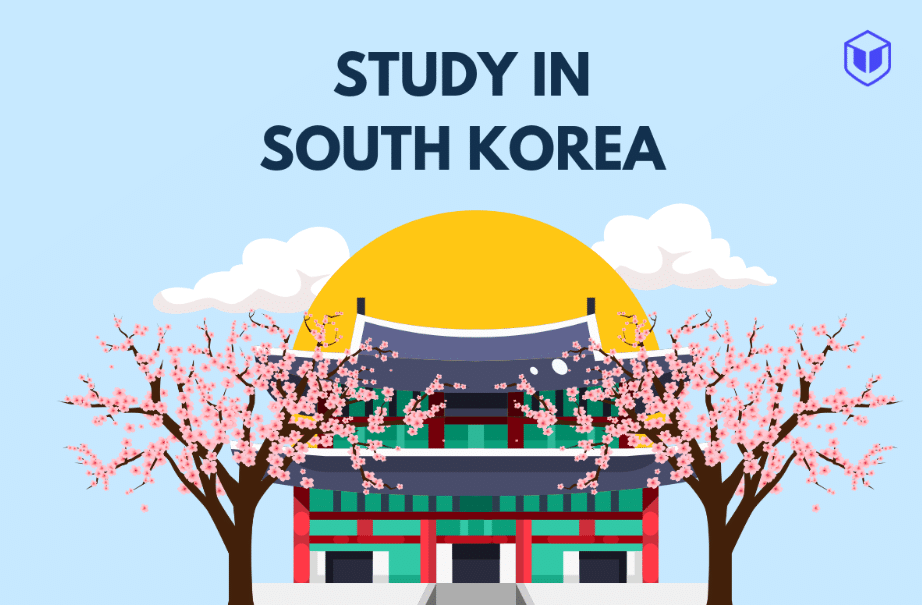South Korea



South Korea
Studying in Korea can be an exciting and enriching experience! South Korea is known for its high-quality education system, vibrant culture, and technological advancements.
1. Choosing a University
- Top Universities: Some of the most renowned universities in Korea include Seoul National University, Korea University, and Yonsei University, collectively known as SKY universities.
- Specialized Programs: Depending on your field of interest, look for universities that specialize in your area of study. Korea has strong programs in fields like engineering, business, and the arts.
2. Admission Requirements
- Language Proficiency: Many programs, especially those in English, will require proof of English proficiency (e.g., TOEFL or IELTS). For Korean-taught programs, you'll need to demonstrate proficiency in Korean, typically through the TOPIK (Test of Proficiency in Korean).
- Academic Records: Be prepared to provide transcripts, letters of recommendation, and possibly a personal statement.
3. Scholarships and Financial Aid
- Government Scholarships: The Korean Government Scholarship Program (KGSP) offers full scholarships to international students. Check their website for specific eligibility criteria and application deadlines.
- University Scholarships: Many universities also offer their own scholarships based on merit or need.
4. Cost of Living and Tuition
- Tuition Fees: Tuition fees can vary depending on the university and program but are generally reasonable compared to Western countries.
- Cost of Living: The cost of living in Korea is relatively affordable compared to major Western cities. However, it will depend on the city. Seoul is more expensive than other cities.
5. Student Life
- Cultural Experience: Korea offers a rich cultural experience with its history, food, and traditions. Explore local festivals, historical sites, and culinary delights.
- Campus Life: Universities often have a range of extracurricular activities, clubs, and events. Joining these can help you integrate and make friends.
6. Accommodation
- On-Campus Housing: Many universities provide dormitory options for international students.
- Off-Campus Housing: You can also look for private apartments or shared housing. Websites and local real estate agents can help with this.
7. Visa Requirements
- Student Visa: You’ll need to apply for a D-2 visa for academic studies. Be sure to check the specific requirements and application process at your nearest Korean embassy or consulate.
8. Health and Safety
- Health Insurance: Make sure you have health insurance coverage. Some universities offer student health insurance plans.
- Safety: South Korea is generally very safe, but it’s always good to be aware of local safety tips and regulations.
9. Language and Communication
- Learning Korean: Even if you’re studying in English, learning basic Korean can be very helpful for daily interactions and fully enjoying your time in Korea.
If you have any specific questions or need more detailed advice, feel free to ask!



